Bee Museum of Rhodes
Learn about the sweet, storied legacy of beekeeping in ancient Greece.
Bees have long been an important part of the Earth’s ecosystem. Many ancient cultures recognized the contributions of these humble insects, and cultivated them. The Bee Museum of Rhodes in Greece honors the long and storied relationship between humans and bees around the world.
There’s a handful of apiculture museums across the world, but the Bee Museum in Rhodes is a unique one. Decorated with honeycomb-shaped ceilings, the museum is bathed in honey-colored lighting, sure to make Winnie-the-Pooh hungry.
The Bee Museum of Rhodes was established by N. Melissourgos, CEO of the Dodecanese Beekeeping company. It is dedicated to the tradition and history of beekeeping in Rhodes, as well as the biology of bees, exhibiting transparent beehives for observation and a number of honey-related products.
In ancient Greece, the bee was considered a sacred animal, often symbolizing such goddesses as Artemis and Demeter. The god Apollo was sometimes depicted as a beekeeper, and the the Greek god of beekeeping was his son, Aristaeus. Honey was a popular offering for the gods and for the dead, and the honey bee motif was used on certain types of coinage in Ionia and the Levant.
Traces of beeswax on prehistoric pottery offer proof that humans have been gathering bee products in Greece since as early as 5500 B.C. The demand for honey from wild bees was continual and ever-increasing, and beekeeping practices emerged as humans tried to create nests that honey bees might use. Hives came in many, varied shapes and sizes and were made out of materials including stone, clay, wood, and cork. Like modern beekeepers, ancient apiarists used smoke to calm bees and make them easier to transport.
Beekeeping tools both ancient and modern are on display at the Bee Museum. Visitors can learn about how methods for collecting and processing honey and beeswax have evolved over time, as well as the biology and environmental importance of honey bees.
Know Before You Go
The museum is open Monday through Saturday from 8:30 a.m. to 5 p.m., and in the summer on Sunday from 9 a.m. to 1 p.m. Tickets are 3€ for adults.
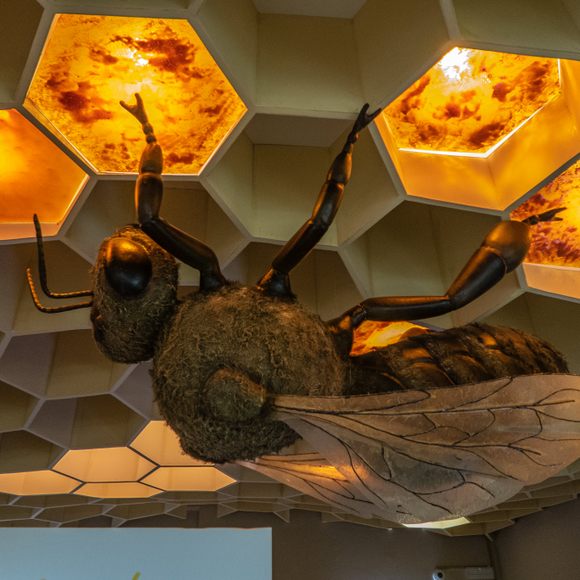

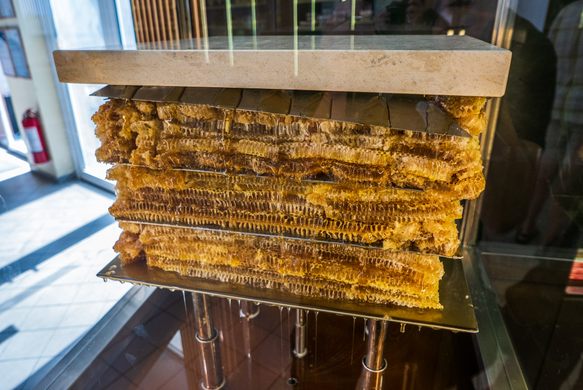
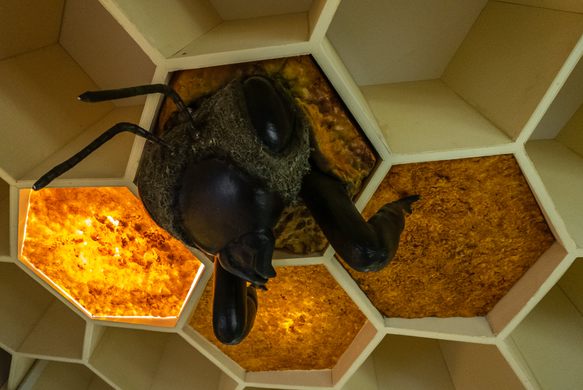
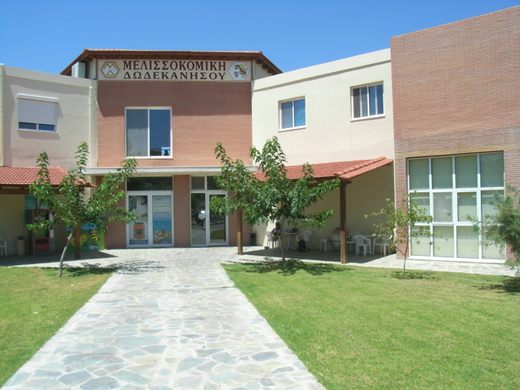
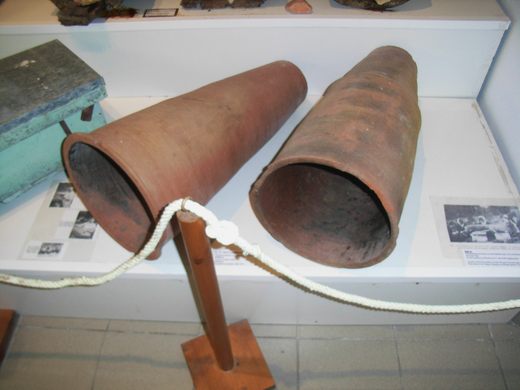
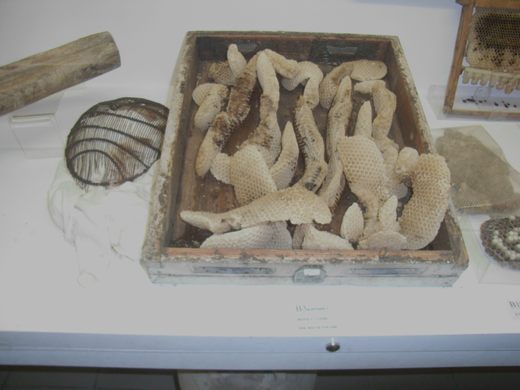
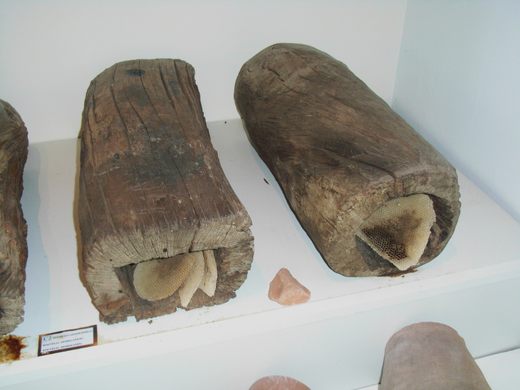
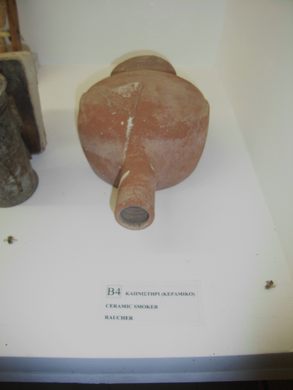
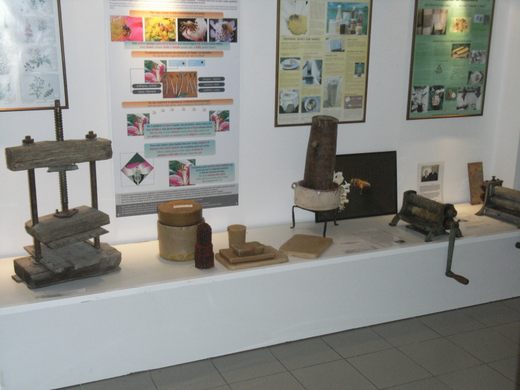







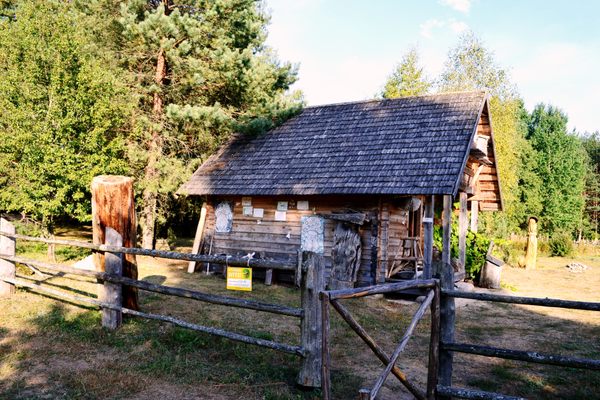
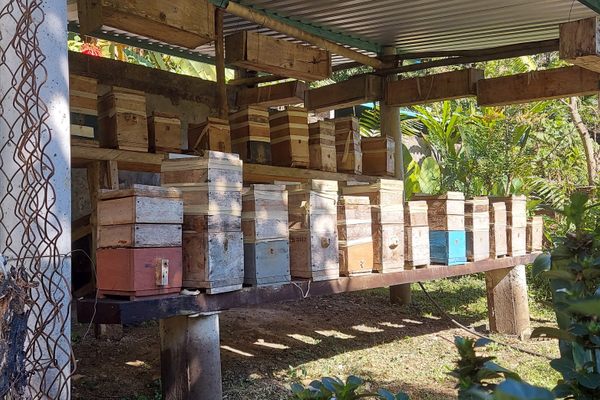





Follow us on Twitter to get the latest on the world's hidden wonders.
Like us on Facebook to get the latest on the world's hidden wonders.
Follow us on Twitter Like us on Facebook